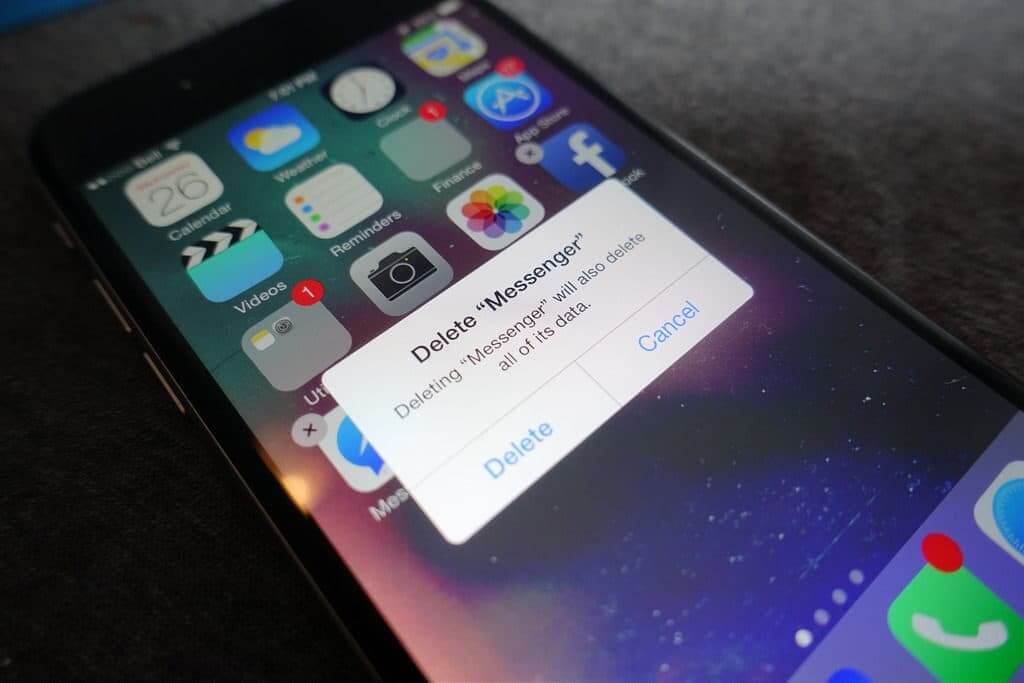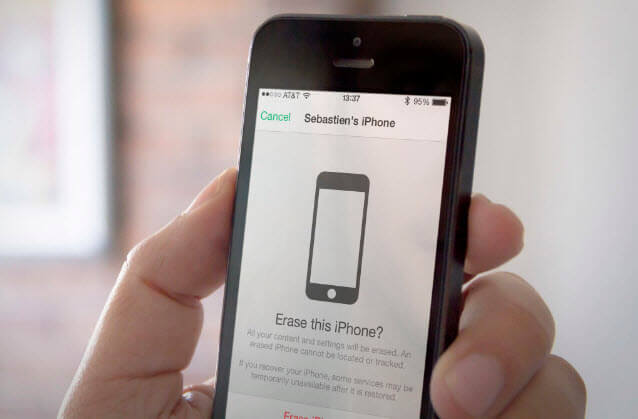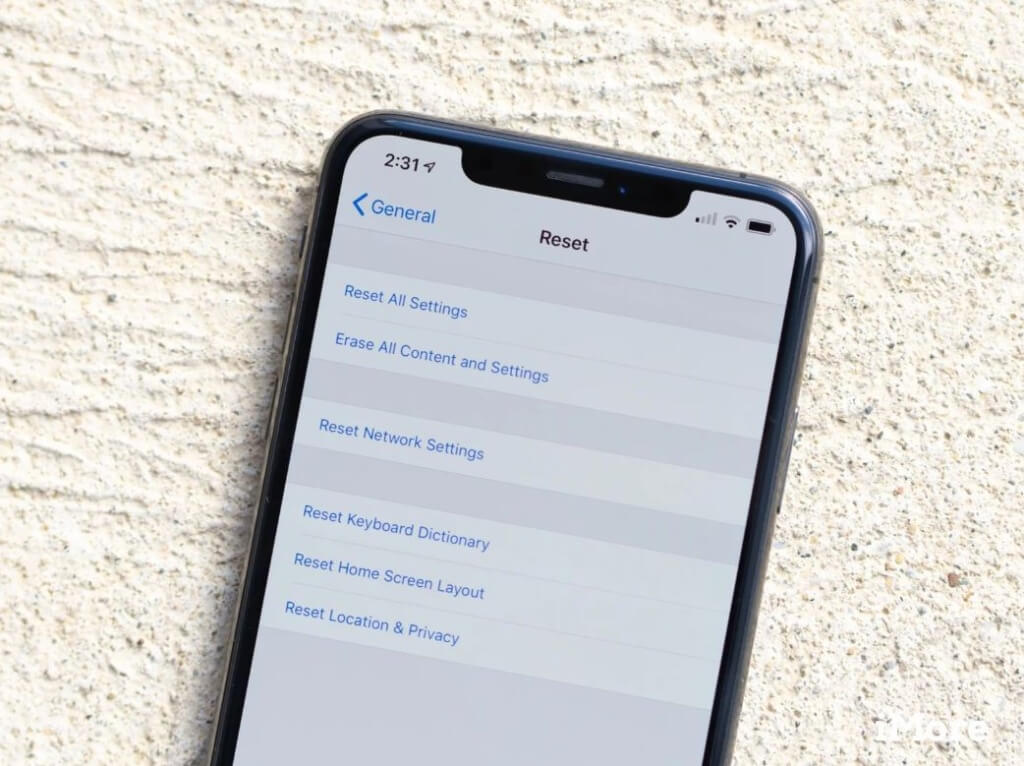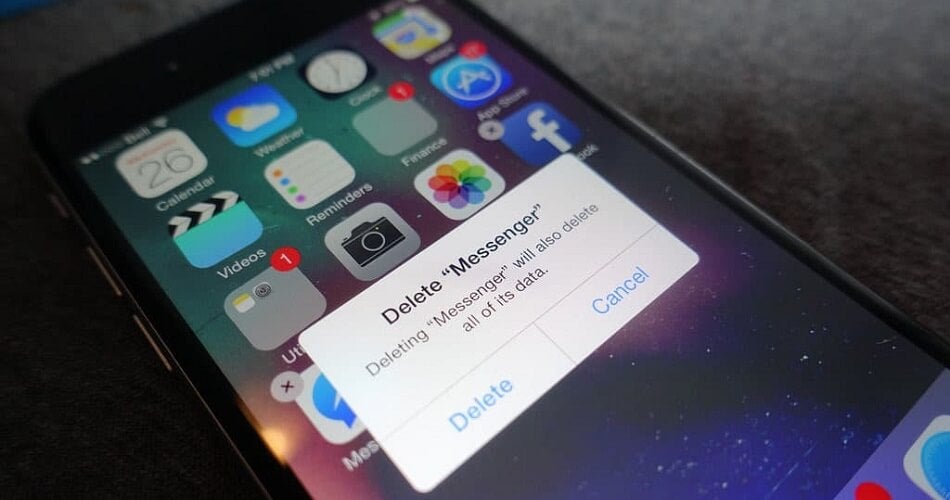How many of you would usually just delete all the data in your current smartphone before selling them off? If you do this, do note that doing so is not enough because your data can still be recovered. Eek!
So, what are we supposed to do then? Well, CyberSecurity Malaysia (CSM) executive officer Datuk Dr Amiruddin Abdul Wahab has advised those in Malaysia intending to sell their electronic devices (smartphone, computer, etc.) to send them directly to CSM – this for data sanitisation (destroying data so it’s unrecoverable) as well as to prevent theft of personal data. By doing this, one can not only combat cyber harassment but also avoid becoming a victim of exploitation.

Source: comparitech
Dr Amiruddin was quoted by The Star as saying,
“Usually, consumers simply delete the data themselves, like their pictures and documents, before selling their smartphones or computers. It is dangerous because although the data has been deleted, it can still be recovered.”
Hence, with CSM’s MyCyberSecurity Clinic, both the public and companies are able to drop off their devices for data sanitisation to secure their privacy and safety. Besides that, CSM also has a one-stop centre called Cyber999 that allows the public to lodge cybercrime complaints. So far, there have been close to 100,000 reports recorded.

Source: imyfone
Dr Amiruddin explained, “When we receive a report, we will analyse it and then channel it to the relevant authorities.”
“For example, if the offence is related to an Act under the Malaysian Communications and Multimedia Commission, we will hand over the information to the commission for further action,” he added.
As such, CSM actually acts as a technical expert and its role is to assist and support parties (be it individuals or companies) that are involved in cybercrime investigations. Its services also include digital forensics.

Source: imore
For example, last year, the CSM digital forensics team was involved in the cat laundromat case where they were trying to identify the suspects who killed the pregnant feline in a self-service laundrette in Taman Gombak. In the end, the cat murderer was sentenced to two years in jail.
FYI, CSM classifies cybercrime into 9 categories, namely;
- Content-related
- Cyber harassment
- Denial of services
- Fraud
- Intrusion
- Attempted intrusion
- Malicious code
- Spam
- Vulnerabilities report
According to CSM’s statistics where 2,977 incidents were recorded between January and April, the highest number of cases reported was fraud at 1,963 cases. This is followed by 390 cases of malicious code, 339 cases of intrusion, 100 content-related cases, 88 cyber harassment cases, 37 spams, 34 attempted intrusions, 21 cases of vulnerabilities report and 5 service denial cases.
In case you didn’t know, CSM was launched in 2005 and reports to the Communications and Multimedia Ministry. Its aim is to help strengthen Malaysia’s self-reliance in cyberspace as well as reduce the vulnerability of digital systems by providing a broad range of cybersecurity innovation-led services, programmes and initiatives. Cool!
Now that you know deleting your phone’s data before selling it is not enough and still poses a risk, do share this article with all your friends and let them know!
Also read: Your Selfies Online May Be Stolen to Scam Netizens into Buying Sex Services, Here’s Why








































